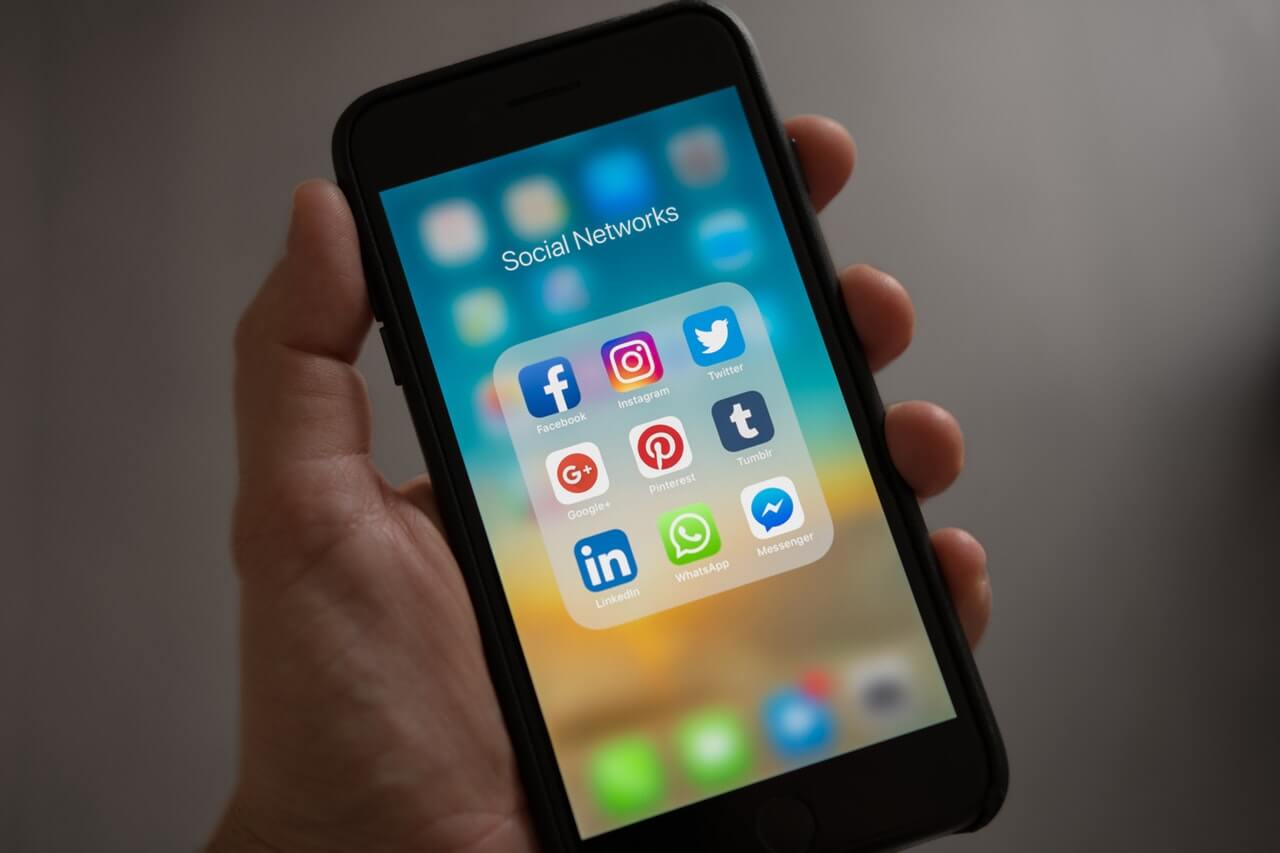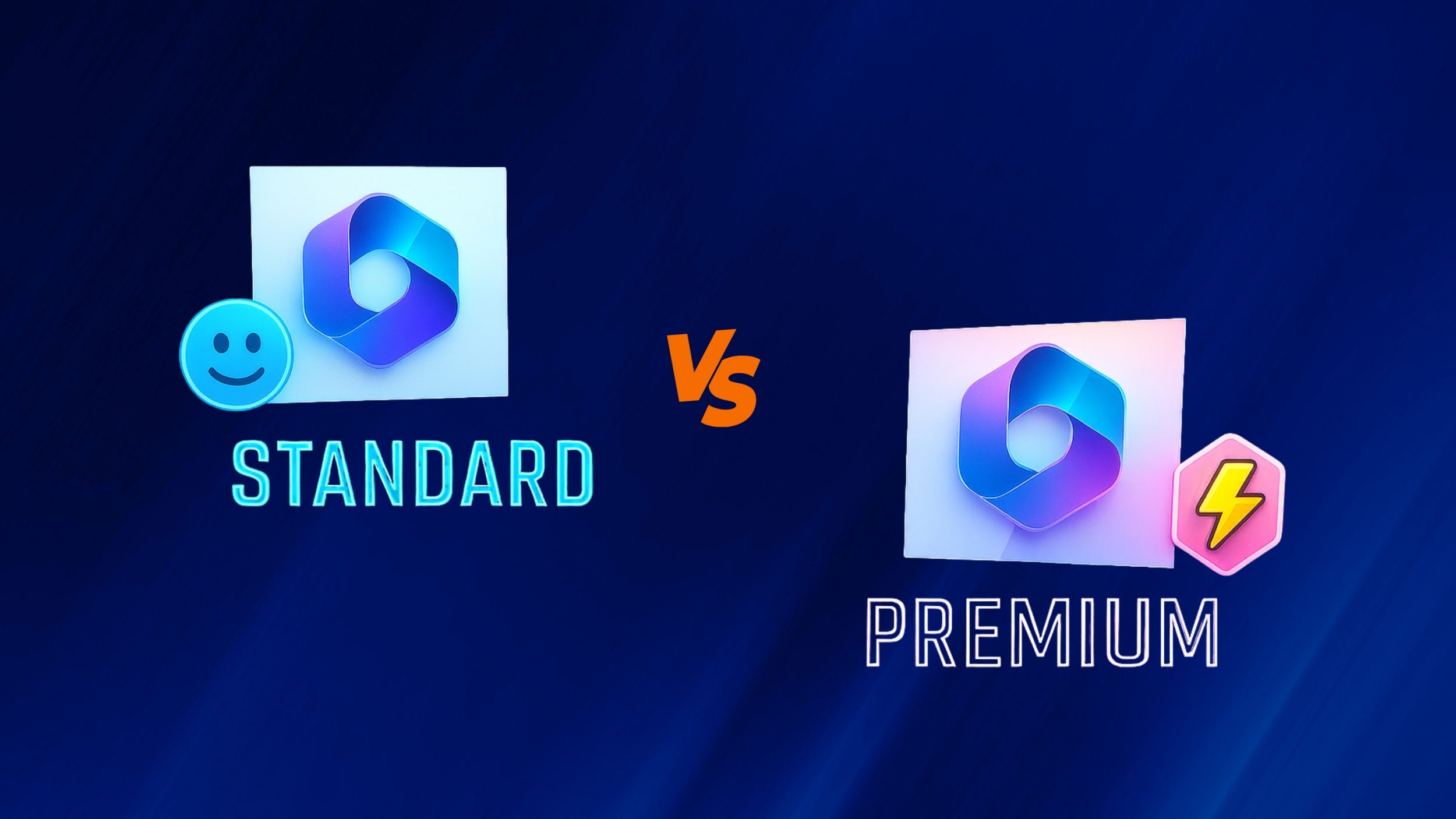
Instant messaging (IM) apps exchange text messages in real time and individuals or groups can send and receive them.
IM, therefore, can be a useful business tool.
However, like most things technology-related, it has both pros and cons.
Making your communications more cost-effective
With instant messaging you can communicate with anyone on a global scale, no matter where they are.
It enables you to sidestep otherwise costly international or long distance call tariffs.
IM offers flawless communication without a premium attached, and many plans are free, so all you’re paying for is an internet connection.
Communicating in real time
Not only can you communicate to anyone anywhere in the world, you can do it in real time. You don’t have to wait to see if someone has read your email before waiting for a response. Also, email can put you at the mercy of internet speeds and temperamental servers.
With instant messaging, everything is fast and direct. If the person you want to contact is online, then it’s as simple as having a conversation with them in the same room.
That makes it ideal for decision-making and making sure important clients, suppliers and colleagues are kept in the loop.
Convenience and collaboration
Instant messaging reconciles two critical workplace trends: team building and remote working.
With instant messaging, you can enhance remote working and collaboration, conveying messages directly to working groups and receiving real time feedback and suggestions.
IM’s video conference options expand the possibilities of remote collaboration, and do it in a way that is easy to set up and manage.
Reduce your spam intake
Many businesses end up with email inboxes crammed with spam, which only adds to a burden on your online administration.
Instant messaging cuts through the noise, reducing the likelihood of you receiving spam.
Instant, but not forgotten
There are archiving functions available for many IM applications, allowing you to save messages and conversations for future reference.
Are there disadvantages to instant messaging?
Like all business tools, IM is only as effective as your use of it.
For example, there is a risk that instant messaging in the workplace becomes too much of a distraction for employees and leads to lower productivity.
A solution to this is ensuring individuals manage their IM efficiently, including knowing when to turn their phone’s ringer off if they are too busy on other tasks to take messages.
Another disadvantage of IM is its low security. Instant messaging goes through public networks, which means anyone could, in theory, intercept these communications. It is therefore vital to make sure your application has robust security measures built in.
An effective security system will also help to protect your IM from viruses.
Finally IM is not necessarily ideal for lengthy, detailed communications, due to a restriction on word length in some apps.
To keep your communication effective, choose the appropriate channels for the type of message you’re transmitting.
Major messaging apps
Your choice of IM app may be determined by your intended audience as much by its overall convenience.
If you are going to be communicating globally, for instance, then it makes sense to adopt an IM map that is commonly used on an international scale.
WhatsApp is the most popular messaging app worldwide.
Facebook Messenger is globally popular, and features among the top three in a list of messaging apps in most countries. China is a notable exception though.
There, the most popular messaging app is WeChat. It is also often preferred by expatriate Chinese communities.
Other, more niche, apps include Telegram, Line, Viber and Kik.
Some of these will be more appropriate for your business than others. They may work best for raising brand awareness with particular demographics. Kik, for example, is used by around 40 per cent of American teenagers.
IM apps for internal communications
There is a range of accessible, but versatile, instant messaging apps that can enhance internal business communications, collaborative working and project management.
These include Google Hangouts, Slack, Troop Messenger, Wrike and Spark.
Skype For Business is the evolution of Skype’s IM software into something that serves business needs specifically, including a remote meeting function.
The right tool for the job
With plenty of choice when it comes to instant messaging apps, the important thing is to define how you want to use IM for your business, and then comparing features.
Instant messaging continues to develop, providing rapid, flexible, real time communication alternatives.
For expert advice and support in all aspects of IT, including the best use of instant messaging for business, please complete our online contact form, call us on 0161 826 2220 or send an email to [email protected]



